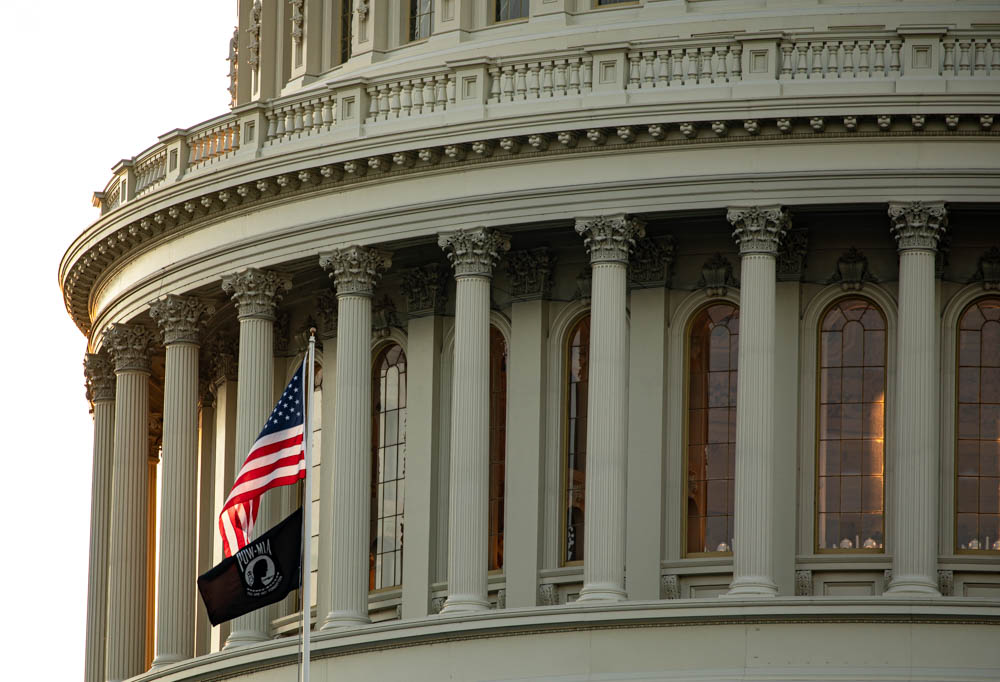Legislative Agenda
AASA's federal policy priorities and goals for 2024.
 The AASA Legislative Agenda is shaped by recommendations on federal policy issues compiled annually by the Committee on Federal Policy and Legislation, which is comprised of the AASA Executive Committee.
The AASA Legislative Agenda is shaped by recommendations on federal policy issues compiled annually by the Committee on Federal Policy and Legislation, which is comprised of the AASA Executive Committee.
The Executive Committee recommendations are presented to the AASA Governing Board twice annually for approval. Each legislative position sunsets annually, but may be carried forward if determined by the committee.
The guiding principle of AASA’s 2024 Legislative Agenda stems from the important role the federal government stands to play in creating equitable learning opportunities for all students.
This starts with equitable policy and resources, both of which should remain available to all students, schools and states.
It also includes the protection and preservation of federal education funding when compared with other federal investments.
5 Major Goals Within AASA's Federal Legislative Platform
Supporting Formula Funding and the Equitable Distribution of Dollars
Alleviating Teacher & Staffing Shortages
Whether through our work to ensure every educator in our buildings who has been employed for more than 10 years can have all their loans forgiven through the PSLF program or advocating for new federal funding for districts to start or expand grow-your-own programs and teacher residency models, AASA knows you are in crisis mode and we are supporting a variety of bills and policy changes to alleviate bus driver shortages, mental health professional shortages and teacher shortages.
Enhance District Technology Infrastructure and Student Data Privacy
The student data privacy and technology world is rapidly evolving and changing. AASA has remained on the forefront of supporting legislation aimed at supporting flexibility of federal resources to ensure equitable access to affordable broadband, to better support student connectivity both in and out of school. E-Rate is critical to school-based internet access, which is foundational for today’s learners.
AASA is also committed to working with ED and the FCC on ensuring any federal response to cybersecurity threats and student data privacy are comprehensive and cross-agency, and adequately funded.
Increasing Access to School-Based Mental Health Services
Dedicated resources to meeting the youth mental health epidemic is critical. The Bipartisan Safer Communities Act distributed $2 billion in funding to increase school-based mental health supports, but in 2024 there are hardly any dollars left from this investment to support districts in meeting the mental health needs of their students and educators. In 2024, there is less than $200 million across all federal agencies that districts can apply for to hire school-based mental health personnel, train staff on mental health first aid, and screen for mental health issues. At a minimum, we must level the playing field for these competitive dollars, so small and rural districts have a better chance of accessing these limited resources.
Reducing Federal Data Collection Requests
While we are indebted to Congress for its generosity to districts during the pandemic and we recognize the need to report how districts spend ESSER dollars, we remain deeply concerned about the additional 4 million man-hours that will be required this year of district personnel to collect and report data on ESSER spending, as well as to report data for the Civil Rights Data Collection.
We understand the importance of data, but also recognize that the pandemic is not behind us and urge the Department to limit the scope of data requested to ensure we are reporting the most basic and critical information necessary for civil rights compliance and fiscal accountability.
Receive legislative and regulatory actions direct to your inbox
Stay updated on the issues that matter most to you and understand how they could affect you, your district, your students and your community.

Superintendent Advocacy at Your Fingertips
Educate. Influence. Impact.
Download the AASA Advocacy App today.
